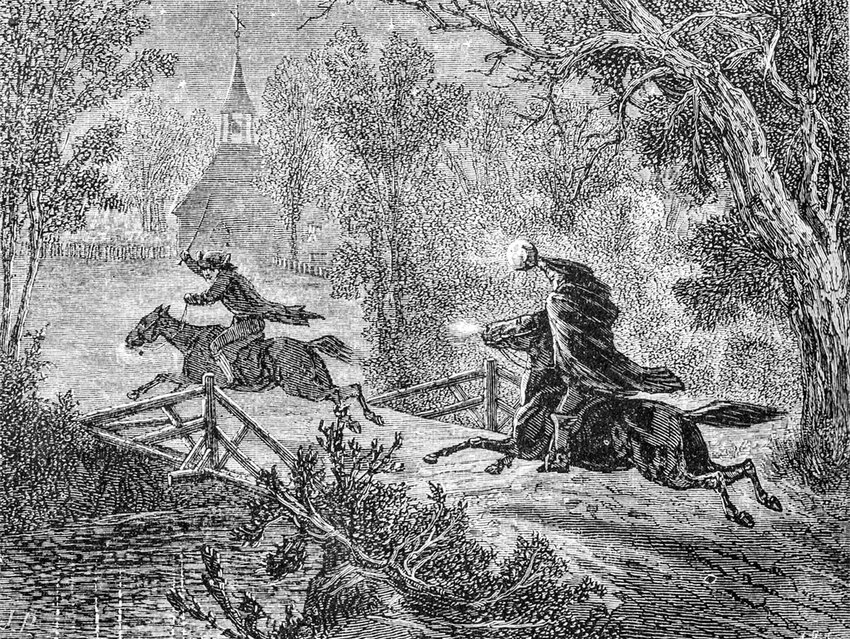
Prolepsis
[pro-LEP-sis]
Part of speech: noun
Origin: Ancient Greek, 15th century
1.
The anticipation and answering of possible objections in rhetorical speech.
2.
The representation of a thing as existing before it actually does or did so, as in he was a dead man when he entered.
Examples of Prolepsis in a sentence
"Tyrell expected objections, so he tried to include answers to possible questions in a prolepsis of his proposal to the HOA."
"The new biography of Charlie Chaplin begins with his birth, then in a prolepsis, jumps to the height of his fame."
About Prolepsis
The word entered late Middle English via Latin, from the Greek "prolēpsis," which comes from the word "prolambanein," meaning "anticipate."
Did you Know?
Many children are masters of prolepsis: For example, a child wishing to stay up past her bedtime might try to head off possible objections by telling her father, “I don’t think we’re doing anything important at school tomorrow, so I don’t need as much sleep,” before making her request. A separate narrative form of prolepsis occurs in fiction. This prolepsis is the flash-forward, as used in Charles Dickens’ “A Christmas Carol.” Ebenezer Scrooge is transported both into the past, as a reminder of how things used to be, and into the future as a warning of how things could be. This second move — jumping from the present into the future — is a prolepsis. The flashback to Christmas Past, by contrast, is called an “analepsis.”








